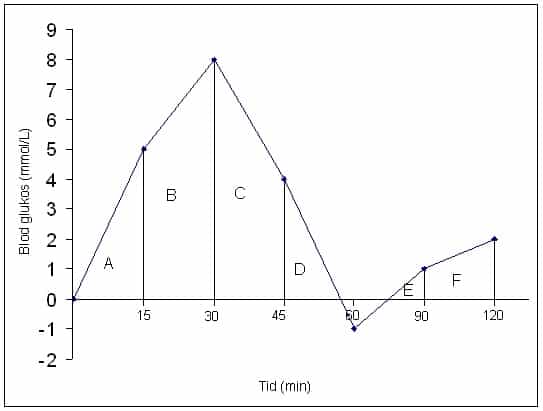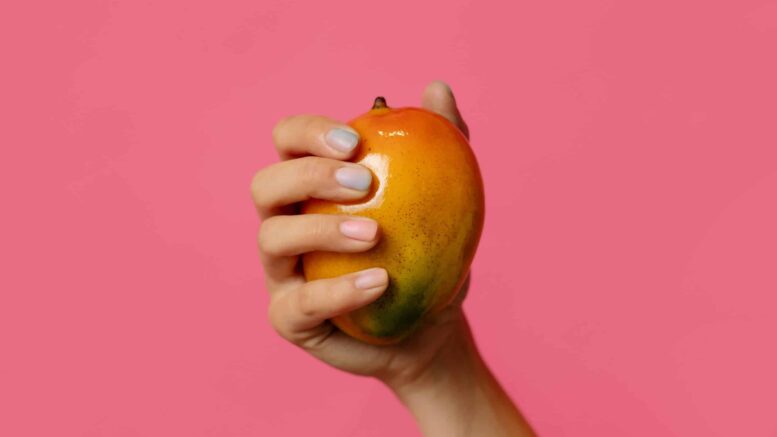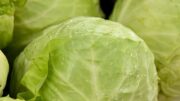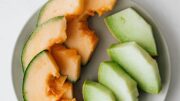Are mangoes good for diabetics?
This colorful juicy fruit – which is even called “King of fruits” in some tropical parts of the world is loved by many people because of its unique flavor.
Besides being a delicious treat it has a whole list of nutritious goods like vitamins, antioxidants, minerals, fiber, and so on which can positively impact our health in various ways.
Mango is a powerhouse of various nutrients
Let’s look at the most important nutritional ingredients in ¾ cup pieces 124-gram mango
- Total fat 0,33 gram
- Cholesterol 0 mg
- Protein – 0,63gram
- Total Carbohydrates – 21,2 gram, Fiber – 2,2g, Sugars – 18gram
- Sodium – 2 mg
- Vitamin C – 45mg
- Vitamin A – 67mcg
- Vitamin K – 5.2mcg
- Vitamin E – 1,1mg
- Folate – 53mcg
- Calcium – 14mg
- Potassium – 208mg
- Magnesium – 12mg
- Iron – 0,2mg
All this is just 70 calories. To break that down 3% of calories is fat, 3% protein, and the majority – 94% is made up of carbohydrates.
As we see from the nutritional chart, Besides the tropical flavor and abundance of vitamins, the delicious sweetness of mangos comes from the loaded sugar content, which might be a matter of concern for people with diabetes.
Are mangos good for diabetes?
Fruits are always recommended as a substitute for candies for those with a sweet tooth, But people trying to improve and maintain their blood sugar levels should be cautious with the plant-based sources of sugars as well.
Mango as previously stated contains approximately 18 grams of sugar per 124 grams of fruit. Even though it’s not a low amount for such a small portion size that, is still not an indication to completely avoid mangos for those with diabetes.
Most diabetics use the Glycemic index and Glycemic load to assess the effect food will have on their blood sugar level.
Glycemic index

Are mangoes good for diabetics – Glycemic index
GI – is an assigned score to a food based on how it affects your blood sugar increase. Foods are ranked from 0 to 100.
Most fruits have a low glycemic index, thanks to the fiber and fructose(natural sugar) content, that’s why fruits are more encouraged in people with diabetes, as substitutes for candies.
According to ADA – American Diabetic Association fruits can be categorized into low, medium, and high Glycemic index groups.
Mango belongs to the low GI group since its glycemic index is on average only 52 thus it’s encouraged when using the glycemic index to guide food choices—so enjoy.
Glycemic load
It gives you a more accurate picture of a food’s impact on your blood sugar, like how quickly glucose enters the bloodstream and how much sugar per serving can be delivered. Higher the glycemic load quicker will the blood sugar increase.
The glycemic load of the mango is approximately 17, it is at the higher end of the medium glycemic load range, which means that after consumption there will be no sharp rise in sugar, but caution and strict portion control are required.
Overall, it’s fair to say that mangos are safe to eat for people with diabetes if portions are under control.
What are the benefits?
For people with diabetes adding mangos to the diet to satisfy the sweet craving and consume all the beneficial nutrients, is not only safe but might even have some advantages for blood sugar control and diabetes in general.
Low content of fat – lower risk for Heart disease
Dietary intake of saturated fat increases blood LDL cholesterol level, which is one of the main villains behind cardiovascular disease development.
It is a well-known fact that people with diabetes have a significantly higher risk of developing heart disorders, so low-fat diets are commonly recommended to prevent these complications.
Mango has zero saturated fat– which makes it a great snack for everyone taking care of their heart health.
Mangos – Weight loss
Maintaining a healthy weight is one of the mainstays of management and prevention of diabetes type 2. Even though genetics play a role, Obesity is still the main predisposing factor to diabetes.
So for those who are on the weight loss journey, 100-gram mangos a day is a diet-friendly great nutritional snack with only 80 calories.
Mango also has 2,2 mg per serving of Fiber – which is extremely useful for gut health and proper digestion.
But remember not to overeat. Sugar from any source if consumed in exaggerated amounts can make you gain weight.
Furthermore, According to a study where obese adults were consuming mango supplements for 12 weeks, analyzes showed reduced overall glucose levels, a significant increase in insulin levels, and seemed to reduce body fat contents.
Mangos – Blood Pressure Control
One of the feared complications for diabetics is hypertension, which can subsequently increase the risk of myocardial infarction or worsen the prognosis for kidney disease.
So preventing and managing high blood pressure is especially crucial for people with diabetes.
Mangos are a great source of beta-carotene, vitamin C, and dietary fiber, all of which are proved to have a great impact on blood pressure control.
Besides that, consuming too much sodium is one of the risk factors for developing high blood pressure, it’s clear from the mango nutritional chart that its sodium content is minimal – 2 mg per 124 grams.
Mango and Antidiabetic effects
There is a 2019 study stating that some nutrients in mango leaves might have anti-diabetic effects, after analyzing diabetics rats consuming mango peels: “considerable antidiabetic activity as shown by a decrease in postprandial blood glucose level.
Furthermore, it increased glucose tolerance, body weight, improved lipid profile, and decreased the damage to beta cells”
Who knows, maybe mango peel can be part of a management plan for the future of diabetes.
https://www.ncbi.nlm.nih.gov/pmc/articles/
In a Nutshell
Generally, there are no foods completely contraindicated for people with diabetes, the key with this condition is to keep an eye on portion size and control blood glucose levels.
So you can freely enjoy this tropical fruit. But, under some conditions.:
- Monitor blood sugar levels
- Consume mangos in moderation – 1 mango a day is okay
- Substitute the carbohydrate – avoid other sugars when consuming mangos
- Alter insulin dosages appropriately
- Focus on a physically active lifestyle
References
https://www.mango.org/mango-nutrition/
https://www.diabetes.org/healthy-living/
https://www.ncbi.nlm.nih.gov/pmc/articles/
https://www.ncbi.nlm.nih.gov/pmc/articles/
https://www.ncbi.nlm.nih.gov/pmc/articles/
See Also
Is Watermelon Good for Diabetes

As a nutritionist, I research, find and experiment with recipes, natural diets and meal plans for weight loss, bodybuilding, and detoxing.




